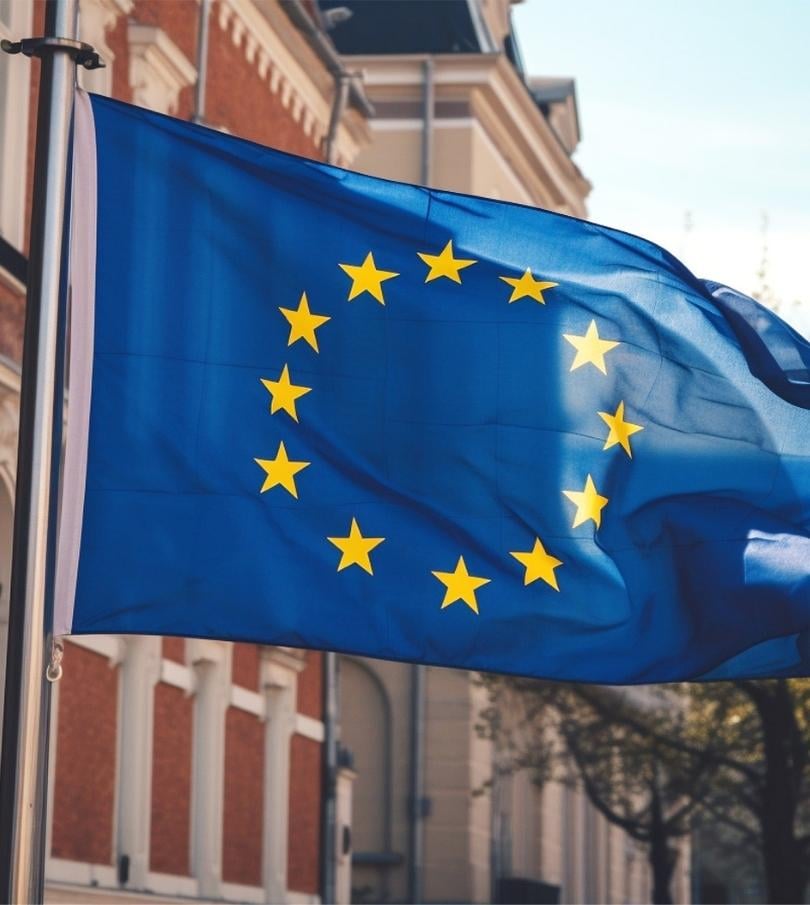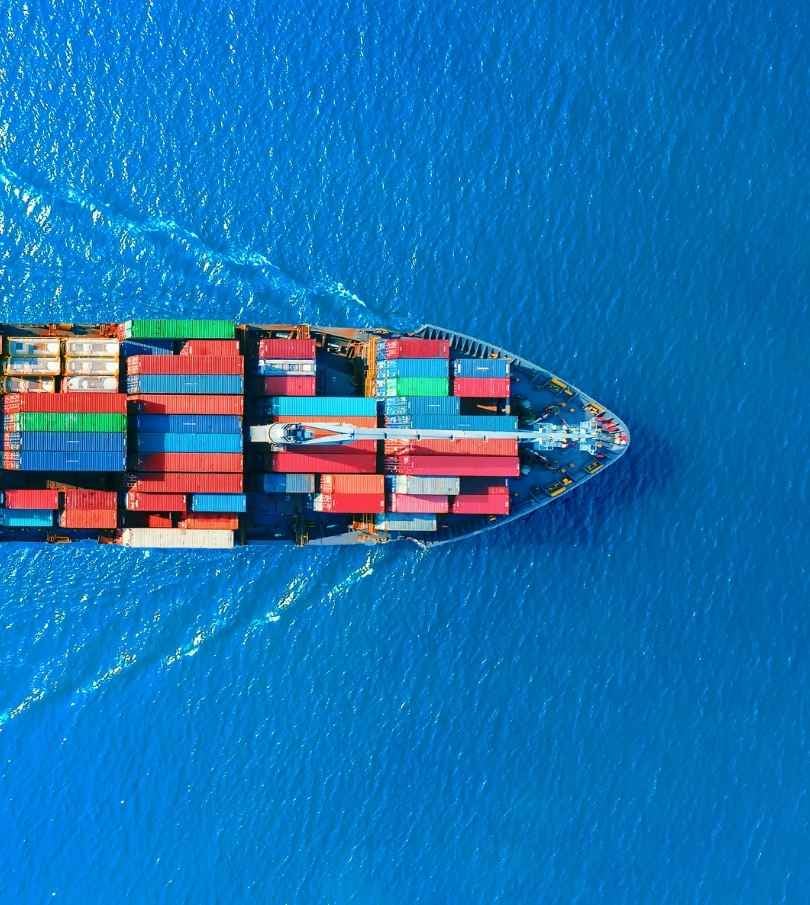
Who is responsible for paying VAT applicable on sales via the platforms?
In order to understand who becomes responsible for the VAT on sales via a platform, it is fundamental to understand:
- the applicable business model; and
- the place of taxation for sales.
Applicable business model
Identifying a business model of a platform is the first step in understanding his VAT liability.
Generally speaking, the VAT treatment depends on a form of intermediation used by the platform: whether it acts on its own name (i.e. as an undisclosed agent) or on the name of an underlying supplier (i.e. as a disclosed agent).
Even if the platform only receives a commission for its activities, it can still be considered a provider of the services or a seller of the goods for VAT purposes if it operates under an undisclosed agency structure. The platform can become liable for VAT on the underlying sale even if it does not become an owner of the goods.
Acting as an undisclosed agent for VAT purposes
For VAT purposes, a fiction applies to supplies by an undisclosed agent / commissionaire. It means that if the commissionaire acts in his own name but on behalf of another person, then he shall be deemed to have received and supplied the services provided by the actual (underlying) supplier to the final customer.
This means that if the platform acts as an undisclosed agent, then he becomes liable for VAT on sales taking place via his platform. The underlying supplier, however, should in this case take care of his VAT obligations (if any) on his supplies to the platform.
Nature of supplies and the place of taxation
The platform and the sellers needs to map all their (purchases and) supplies and understand their VAT treatment. After the nature of purchases and supplies is identified, it is important to understand the VAT treatment of all transactions.
Digital services
The place of supply of the cross-border digital services is always in the EU country where the customer is residing. Businesses need to charge and remit the VAT of the customer country unless the customer is a business which usually can be proved by providing a valid VAT number.
Thresholds
No threshold exists for cross-border sales of digital goods and/or services unless the seller is established in the EU in which case the threshold is €10,000 for all sales across the EU. This means that when an EU business (who has pan-European sales above the threshold of €10,000) or a non-EU businesses (no threshold applies) sells goods or digitals services to the non-VAT registered customers located in the EU, then the supplier (i.e. either a platform or an underlying supplier depending from the applicable business model) becomes liable to register for VAT in all EU countries where it has customers.
One Stop Shop registration
The seller or platform who becomes liable for the VAT in various EU countries could opt for the online One Stop Shop (OSS) to avoid registering in each of the EU country of his customers. However, the OSS cannot be used to report local sales, B2B sales or intra-Community stock transfers for which a local VAT registration may still be required.
Exchange of information regarding the platforms
From 1 January 2023, the platforms will be obliged to share information on sellers who use their platform. Reporting applies not only to EU residents, but also to non-EU businesses having no permanent/fixed establishment in the EU who are facilitating e.g. the following activities in the EU:
- the sale of goods;
- any personal services;
- the rental of immovable property; and
- the rental of any mode of transport.
Be aware of your VAT obligations
If you are operating a platform or selling goods or services via a platform, then you need to be aware that from 2023, your activities become much more transparent for tax authorities. Therefore, you need to be aware of your VAT obligations and register (retroactively) in all EU countries where you have VATable sales or make use of simplified reporting via the OSS.






